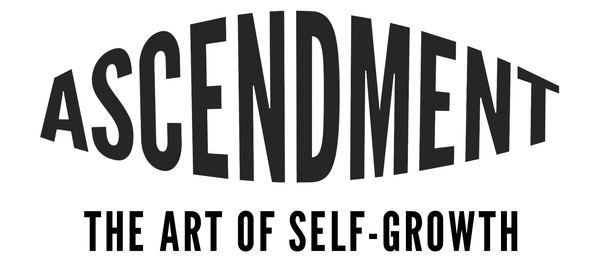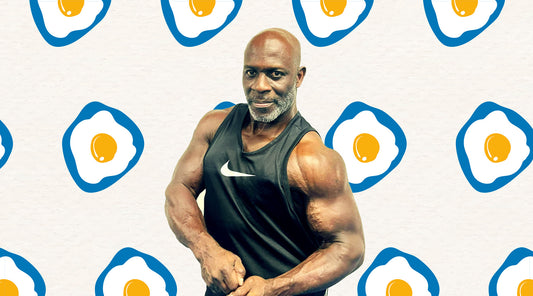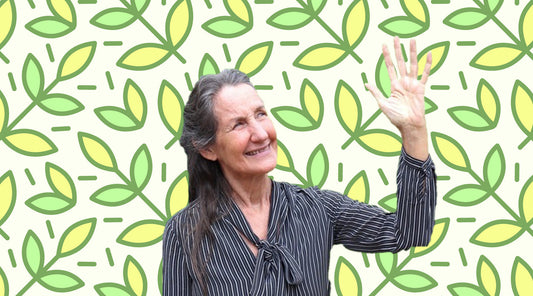Koala bears sleep for 20 hours a day on average. It’s alright for some! Due to the stresses of modern-day life, many of us aren’t getting adequate sleep. Even hunter gatherers probably got a solid 7 hours with one eye open as T-Rex’s and Sabre Tooth Tigers prowled about. So, what can we do to fall asleep easier and stay asleep for longer?
In this article we’ll look at proven scientific methods to fall asleep easier and get better quality asleep. We’ll also discuss the best techniques to improve insomnia.
Let’s start with Ascendment’s four pillars of sleep:
- Get up at the same time every single day
- Expend energy throughout the day
- Only go to bed when feeling sleepy
- Only use the bedroom for sleep (and a certain something else)
We’ll now go into more detail on the four pillars (just realized – should’ve called this “The Four Pillows”!)
Get up at the same time every single day
We often get up at the same time on weekdays and then try and make up for sleep we feel like we’ve missed out on during weekends. On Saturdays and Sundays, it’s not uncommon for people to sleep in for 2-3 hours longer than they would on a weekday. This completely messes up our circadian rhythm or sleep pattern. By doing this your body will think it’s ready to go sleep 2-3 hours later when it comes to nighttime.
By waking up at the same time every day it regulates your circadian rhythm. Once this is dialled in you should feel sleepy at roughly the same time every night. When you feel sleepy this is your signal to go to bed.
Expend energy throughout the day
It wasn’t unusual for our ancestors to walk 14km every day. Hunter gathers often got in 18,000 steps a day. Today, with our busy lives, being stuck at work for 7+ hours and the reliance on cars it’s quite an achievement to get 10,000 steps in. The human body is capable of a lot more.
We have something called a sleep drive. Our sleep drive is built up throughout the day. If you sleep in until 11am after going to bed at 11pm and then don’t leave the house all day you are going to have little sleep drive. Chances are you will struggle to get to sleep that night. By moving our body and exercising throughout the day we are expending energy and building up our sleep drive. When we’ve expended a lot of energy throughout the day it makes it easier to fall asleep at night.

Only go to bed when feeling sleepy
Many sleep experts tell you to go to bed at the same time every night. This is complete gobbledygook. If you go to bed without actually feeling sleepy chances are you’ll lay awake for hours. Only go to bed when you feel sleepy. This isn’t the same as feeling tired so learn the difference. When your eyes start closing and you literally can’t keep them open = feeling sleepy. The onset of sleepiness can vary due to the amount of energy you have expended throughout that particular day.
If you get into bed at the same time every night and some nights you don’t fall asleep for two hours, you risk associating being in bed with being wide awake. For us to sleep well we need to associate the bed and bedroom with sleep.
Only use the bedroom for sleep
For us to become solid sleepers we need to associate the bed with sleep as mentioned. Some of us are guilty of sitting on our bed while on a laptop for example. This is a complete no-no. Our subconscious mind starts to associate the bed with being awake.
Try and stay out of the bedroom as much as possible and only go in their when it’s time to sleep. Some people have a desk in their bedroom where they work. If living conditions permit, try and move the desk and work in another room.

Fixing Insomnia
1 in 4 Americans suffer from short or long-term insomnia each year. This is having difficulty falling asleep or staying asleep. Here’s our game plan to help to fix insomnia:
- Get up at the same time every single day
- Expend energy throughout the day
- Only go to bed when feeling sleepy
- Only use the bedroom for sleep
- Exercise regularly
- Replace coffee with Green Tea
- Take a full spectrum CBD oil on a morning
- Improve your diet
Let’s touch on some of the above points. Exercising regularly will help to build up your sleep drive each day. It also helps to improve our mental health through the release of feel-good hormones such as endorphins.
Caffeine can stay in our system for up to 10 hours so it’s likely that a black coffee at 4pm is going to hinder your ability to fall asleep at night. Confine drinking coffee to a morning or even better replace it with a healthier option such as Green Tea or its bigger brother Matcha.
If you suffer from insomnia using a high-quality CBD oil can be a god-send. A full spectrum CBD oil will provide energy throughout the day, boost mood and aid relaxation later on.
What we eat affects our minds and bodies. Our guts aren’t meant to be full of processed foods. As you clean up your diet, you’ll see an improvement in your overall health and this could lead to better sleep.
CBT-I for Insomnia
If the above doesn’t improve your insomnia, the most effective method is CBT-I. This stands for Cognitive Behavioural Therapy – Insomnia. You’d work with an expert who would guide you through the process. It implements the four pillars above along with changing our perception of sleep to a positive one.
The most effective part of CBT-I is something called sleep restriction. You would work with your CBT-I expert to create something called a sleep window. This is when you get in and out of bed. The idea of this is to increase our sleep drive; our need to sleep. So, for people with insomnia a shorter window would be created. It often starts of as a 5-and-a-half-hour window. So you would go to bed at 2am and set an alarm for 7.30am. The science behind this states that you should’ve built up a better sleep drive by 2am and should fall asleep easier.
Your CBT-I expert will monitor how effective the sleep window is working. If after 2-3 weeks there has been an increase in the total hours of sleep you are getting the window will be increased by 30 minutes at a time. This will be done in increments until you reach a window of 7-8 hours and are sleeping for at least 75% of your sleep window.
This video is a great introduction to CBT-I and sleep restriction:
If you suffer from Anxiety or Depression we have a guide called Beat Anxiety & Depression that brings together a game plan to relieve and overcome both.
We've also got a free guide to Improve Your Mindset.




